: In couple of interviews with MNA
TEHRAN, (MNA) –On the eve of Iranian New Year, Nowruz we reached out to some of the prominent international politicians and figures to share their viewpoints with our readers on the most important developments across the world during the last Iranian year.
First of all, on this occasion, Mehr News Agency (MNA) would like to extend its warm congratulation to all respective politicians, experts, academians who have generously contributed to it during the last Iranian year (and also to its respective readers. MNA wishes the contributors and reader a very happy, peaceful, healthy and prosperous new year.
Following are the answers of some of our contributors to our question - “what has been the most significant development in the international arena during the last 12 months and why?”:

Dr. Osman Faruk Logoglu a senior member of Turkey's CHP and veteran politician and diplomat:
"Turkey and Iran continued to enjoy stable and collaborative relations in the year 2019. Marked by the exchange of high-level visits and meetings of established bilateral mechanisms, trade, and economic ties developed steadily. The Syrian crisis brought the two neighbors together along with Russia in the Astana process designed to reduce the fighting and tensions in that country. While they have been on opposite sides regarding the status of the Syrian Arab Republic, they have been able to work together to address the conflict. In this connection, the latest proposal by President Ruhani for a trilateral between Turkey, Iran, and Syria is even more opportune in the light of the cease-fire in Idlib brokered by Ankara and Moscow on 5 March 2020. The Moscow agreement provides breathing space for all sides to push for an overall improvement in the Syrian situation."
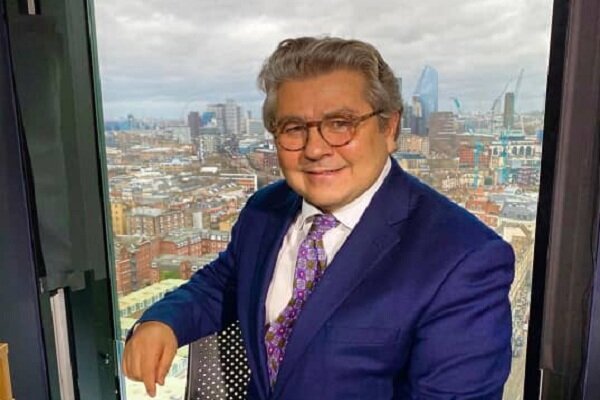
Mehmet Ogutcu, Chairman of the London Energy Club and An internationally recognized authority on energy diplomacy, finance, and investment:
Clearly, the demand growth has been very slow and supplies are abundant creating a serious supply-demand imbalance. Not only in oil and gas there is oversupply but also in electricity. A most significant development is the rapid advance of technology driving transformation and cost reduction but also causing disruption in the markets.
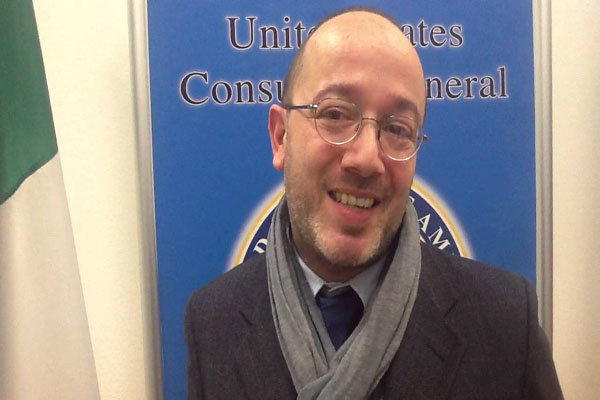
Dr. Pastori Gianluca, professor of Milan Catholic University of the Sacred Heart:
"The last twelve months have been a difficult period. Despite the activation of the SPV, Europe faced problems in supporting the economic dimension of the JCPOA and this affected bilateral relations. Tensions in the Gulf have been another reason for concern. On this background, the commitment to the JCPOA confirmed by the new European Commission and by the new High Representative, Mr Josep Borrell, is quite important. Equally important is Mr Borrell’s engagement at political and economic level to keep the deal on track. Once again, flexibility is the core issue, and the decision to activate the DRM extending indefinitely its timeline to avoid deferring the matter to the UNSC seems me a positive sign."

Prof. Marvin Zonis, Professor of international political economy and leadership at the University of Chicago:
"The Middle East, as the saying goes, produces more history than it can absorb. So there are many candidates in the region for the most significant development. But, for a change, that title has to go to something outside the region — the Coronavirus epidemic, which is killing thousands and sickening hundreds of thousands across the world, all the while destroying economies and stock markets."

Prof. Larry Cata Backer, Professor of Law and International Affairs at Penn State University:
"The last twelve months have proven to be one of those moments in human history when the many trajectories of human history, expressed in its politics, culture, economics, law, and social organization both converge and explode. That explosion, at last, begins to reveal the emergence of what the Chinese have been calling a “New Era” (though without recognizing its global extent) and the baseline premises within which New Era societies will be organized. It exposes as well those structures and aspirations which will be shed and those that will now be centered as humanity follows its many paths forward. This is no hyperbolemeant only to catch the attention of the reader, only to deliver some sort of meager analysis, or worse, to marshal paltry and limp evidence that amounts to little more than “business as usual” with winners and losers. The last twelve months--at last, and as the culmination of a process of momentous decisions made from about the start of this century—have put a face on the forms that the abandonment of “business as usual” will take. And so, to answer the question—“what has been the most significant development in the international arena during the last 12 months and why?”—is this: the exposure of the fundamental shifting of the basic premises of global ordering, however, manifested in a local context. The event that has revealed the significance of all of the little parts that constitute the shift has been the COVID-19 pandemic, whose course is as yet impossible to predict with any certainty, but whose progression has made visible the connections between what, in ordinary times might have been happily considered to be only serendipitously connected events."
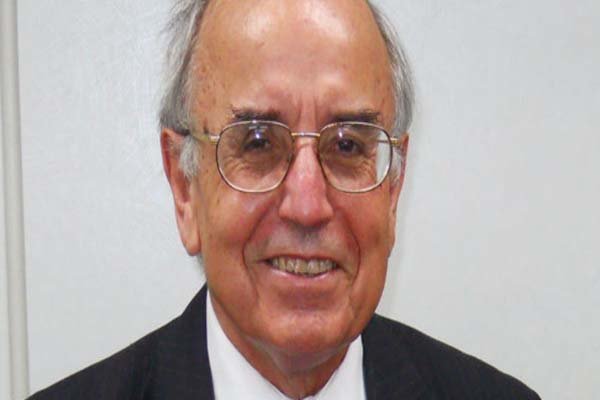
Prof. Arthur I. Cyr, director of the A.W. Clausen Center for World Business at Carthage:
" I believe the sizable, sustained growth of new investment in Africa is one of the most important developments in the world, one which should receive more attention. This is related to other long-term positive developments."

Prof. Nader Enttessar, Professor Emeritus of Political Science from the University of South Alabama:
"The most important global development was the emergence of COVID-19 that continues to wreak havoc in many parts of the world, including Iran. The most important single event in the Middle East was the U.S. assassination of General Ghassem Soleiman and Iran's proportionate response against the US-controlled airbase in Iraq. "
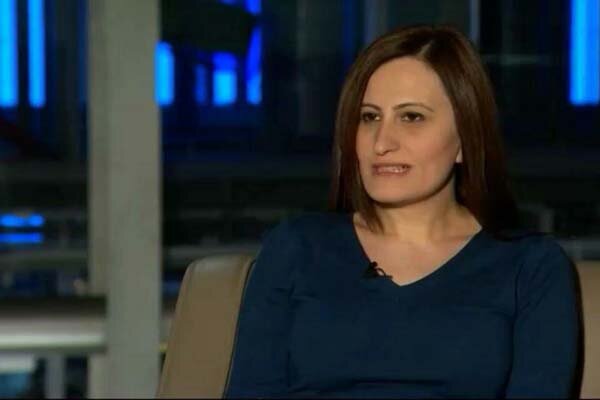
Dr. Bilgehan Alagoz, an international relations professor at Istanbul Marmara University:
"In my opinion, the most significant event of the year 1398 was the assassination of Qasem Soleimani. Since the Islamic Revolution, Soleimani has been the prominent person of Iran's axis of resistance policy in the Middle East. To me, like Mohammad Mosaddegh, whose government was overthrown in 1953 with a US coup, the assassination of Soleimani will always be remembered and the feeling of revenge towards the United States will remain alive. Solemani will probably go down in history as the second Mosaddegh. As far as the regional impact of the assassination is concerned, the process we see as the continuity of the tension between Iran and the USA in the short term will manifest as the polarization policy in the region in the long term. It is highly probable that we will witness proxy wars. Last but not least, despite all this negative conjecture, it will not be a surprise to me to see a negotiation process between Iran and the United States next year."
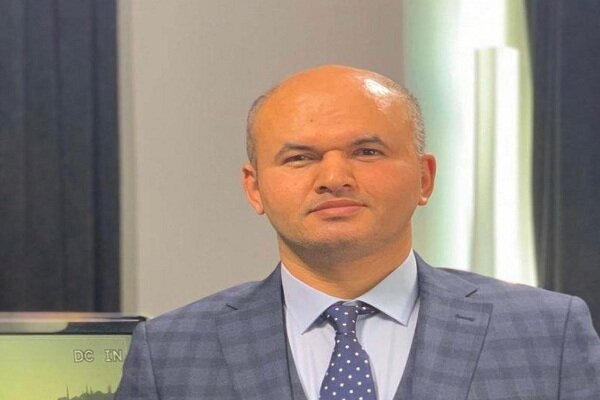
Dr.Omid Shokri, an analyst at [Perian] Gulf State Analytics and a Senior Energy Diplomacy and Energy Security, Analyst:
"Last year the oil market faced serious geopolitical threats. Oil prices declined after Attacks on and seizure of oil tankers in the Strait of Hormuz. The US showed that its national interest in keeping peace and stability in the Persian Gulf and Strait of Hormuz. The US just tried to create a coalition to maintain marine security in the region and finally created it. Attacks oo Aramco oil facility exposed serious threats to the energy market, and it shows that Saudi has to pay more attention to oil supply and transit security. The US also tried to help Saudi to keep security in oil facilities and gave weapons to Saudi. The major crisis for the oil market was Coronavirus. The market showed that in the absence of Iran there is a sufficient supply of oil and Iran needs to solve problems with the US if they want to play an important role in the world energy market. The oil market has its own dynamics and every country has to take into consideration market dynamics if wants to have more share and active role in the energy market. One of the major and effective developments was that the US became an oil exporter trying to increase its share in the world energy market and there will be a new competition era between US, Russia, and Saudi and in long term, we can add Iran and Venezuela to this competition."

Stephen Lendman, an American analyst and columnist:
"The most significant Middle East development by far is US-led war by hot and other means on Syria, Yemen, and Iran targeted for regime change -- wanting pro-Western
puppet rule replacing their sovereign independence. War by other means on Iran is accentuated especially by preventing the import of food and medicines when vitally needed.
Nations observing illegal US sanctions on Iran and other countries are complicit with US high crimes for breaching UN Charter provisions. One day US horrors will end, its imperial agenda weakening, one day no longer to exist like all other empires in world history."
Interviews by Payman Yazdani


No comments:
Post a Comment